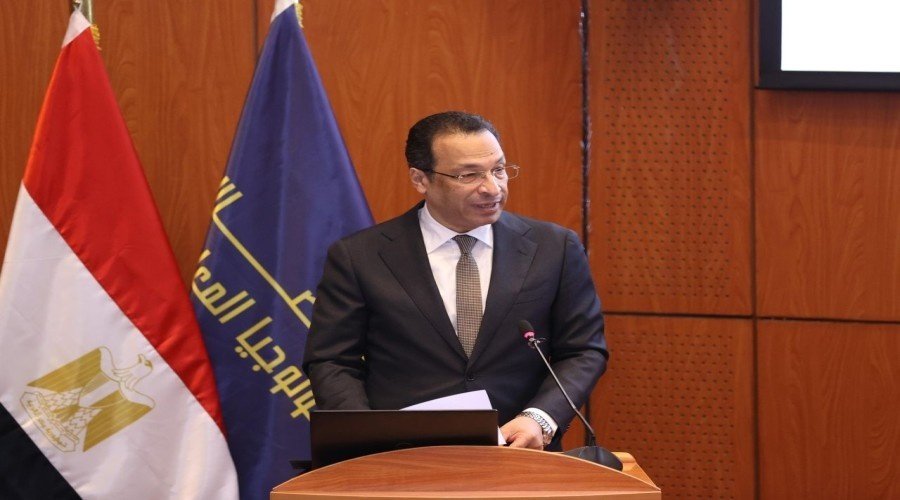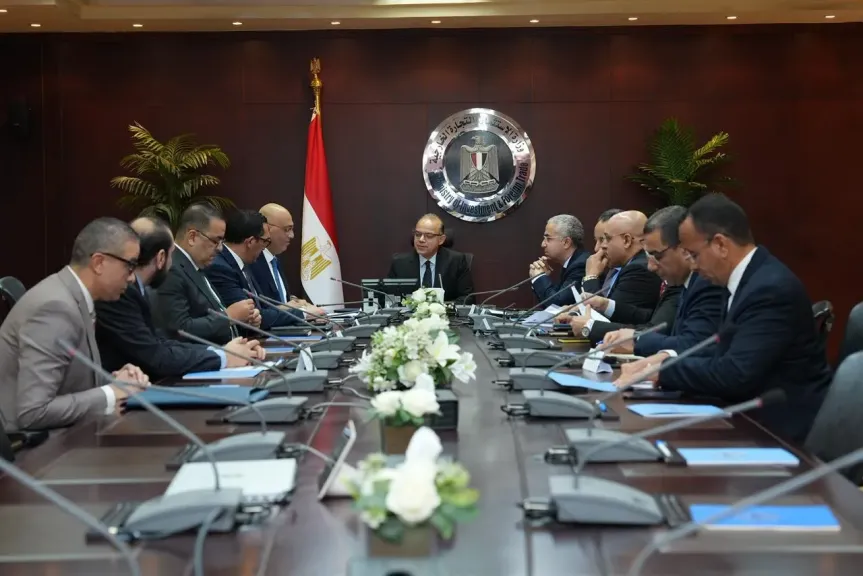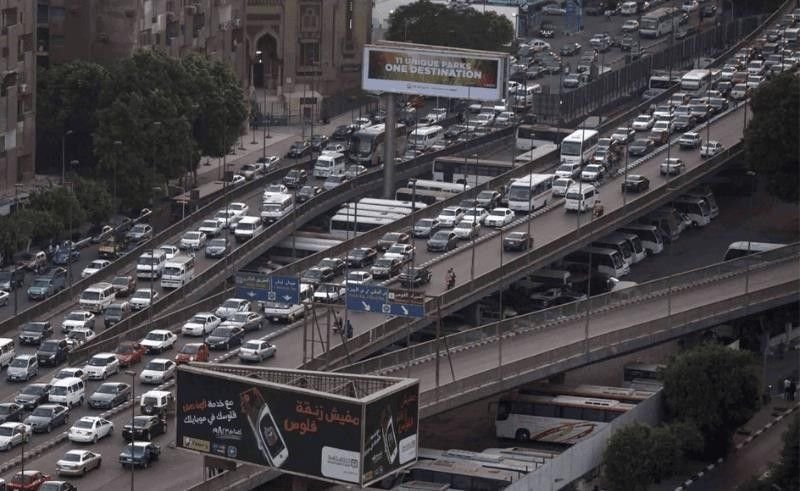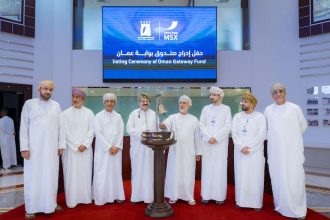Egypt has taken a significant leap forward in its smart transportation ambitions, with the National Telecom Regulatory Authority (NTRA) signing licensing agreements with seven leading automotive companies to introduce Internet of Things (IoT) services for vehicles across the nation. This move is a core component of the country’s broader Digital Egypt strategy, aiming to create a more connected and efficient transport ecosystem.
A Milestone for Digital Egypt
The landmark agreements, signed under the supervision of Egypt’s telecom regulator and in the presence of government officials, underscore the strategic importance of IoT adoption in the automotive sector. By integrating smart connectivity into vehicles, the initiative is set to enhance the driving experience, improve road safety, and accelerate Egypt’s transition toward an integrated digital economy. The NTRA has emphasized that all new services will operate under strict adherence to data protection and privacy standards.
Who’s in the Driver’s Seat?
The new licenses have been granted to a prestigious lineup of international and local automotive players, ensuring a wide rollout of connected services to Egyptian consumers. The seven companies include:
- General Motors’ OnStar
- Mansour MG Automotive (IM)
- Global Auto (BMW)
- Alfa Ezz Elarab (Volvo, Aston Martin, Lotus, Lynk&Co)
- EIM (Zeekr, BAIC)
- Egyptian Automotive Trading (Audi, Skoda)
- SMG Engineering (Porsche, Scania)
Enhancing Connectivity and Road Safety
The introduction of IoT-enabled vehicles will bring a suite of advanced features to drivers in Egypt. These services include real-time navigation, vehicle tracking for security and management, and critical emergency assistance functionalities. By fostering this level of innovation, the initiative aims to not only modernize the automotive landscape but also contribute directly to improving safety standards on the country’s roads.
About The National Telecom Regulatory Authority (NTRA)
The National Telecom Regulatory Authority (NTRA) of Egypt was established to regulate the country’s telecommunications sector. Its mandate is to create a favorable environment for competition, ensure the provision of transparent and non-discriminatory services, and protect user rights while encouraging investment in the telecommunications industry as part of Egypt’s national development goals.
Source: MEA TechWatch














